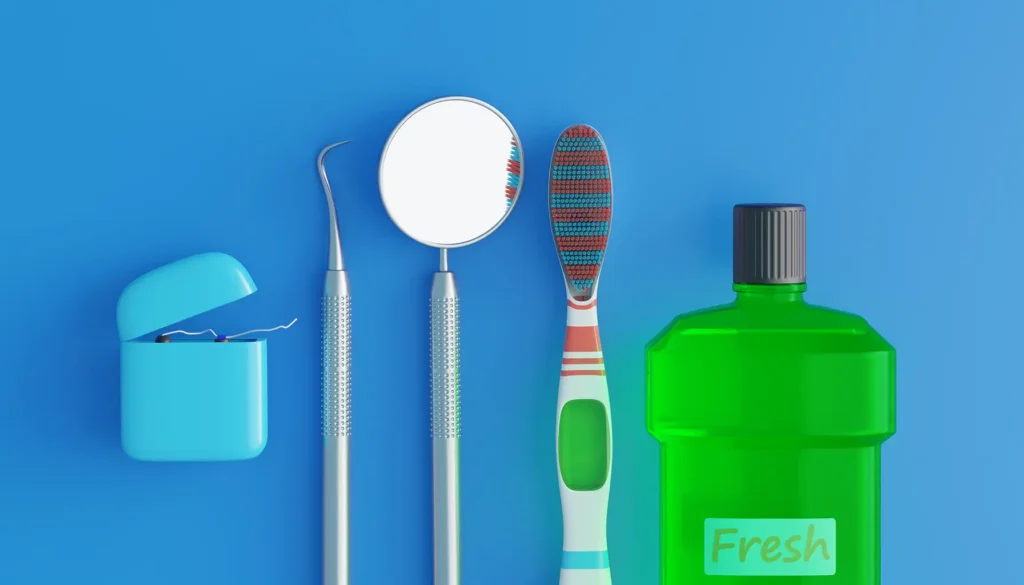
With the blossoming of spring, while we welcome the vibrant blooms and greener landscapes, many of us also brace for seasonal allergies. This period, characterized by the widespread dispersal of pollen, can lead to the familiar symptoms of sneezing, congestion, and itchy eyes. However, what’s less widely recognized is the impact on oral health. They can significantly affect your mouth’s well-being, presenting challenges beyond the discomfort of the allergies themselves. This article will explore the connection between allergies and your teeth and provide practical tips to help you maintain optimal oral hygiene during allergy season.
Allergies Can Cause Dry Mouth
One common repercussion is dry mouth. Allergies often lead to nasal congestion, compelling you to breathe through your mouth. This shift can reduce saliva flow, which is crucial for neutralizing acids and washing away food particles and bacteria. A lack of saliva makes the mouth more susceptible to cavities, gum disease, and even bad breath. Furthermore, allergies can cause a sore throat due to postnasal drip, where mucus accumulates and irritates the throat’s lining. This condition can keep you from maintaining your regular oral hygiene routines because of the discomfort experienced while brushing or flossing.
The increased risk of cavities and gum disease during allergy season is a serious concern. Mouth breathing, induced by blocked nasal passages, can dry out the protective layer of saliva over your teeth and gums. This dryness can facilitate the growth of harmful bacteria, increasing your risk of dental issues. Chronic dry mouth makes chewing, swallowing, and even speaking challenging while increasing the risk of tooth decay or oral fungal infections as saliva normally keeps those harmful germs in check.
How Postnasal Drip Affects Your Teeth
Postnasal drip, another common allergy symptom, occurs when excess mucus from the sinuses drips down the back of the throat. This can cause a sore throat, cough, and an unpleasant taste in the mouth. But do allergies affect your teeth? Yes, postnasal drip can lead to a host of issues. The mucus can coat your teeth, providing a breeding ground for bacteria that cause tooth decay and gum disease. Additionally, frequent coughing and throat clearing can irritate the throat and mouth, making it more challenging to maintain your oral hygiene routine.
Sinus Pressure and Tooth Pain
Sinus congestion and pressure, hallmarks of seasonal allergies, can also contribute to oral discomfort. The sinuses are located near the roots of your upper teeth, particularly the molars. When your sinuses are inflamed or congested, they can put pressure on these tooth roots, causing discomfort or even pain. This pain can sometimes be mistaken for a toothache. It’s essential to differentiate between sinus-related tooth pain and actual dental issues, as the treatment for each differs significantly.

Managing Symptoms and Protecting Oral Health
To mitigate the impact on your oral health, consider the following recommendations:
Stay Hydrated
Increasing water intake can help counteract the effects of dry mouth, ensuring your mouth remains moist and better able to fight off harmful oral bacteria. Drinking water frequently helps wash away food particles and bacteria, reducing the risk of cavities and gum disease.
Maintain Oral Hygiene
Even if you are experiencing discomfort, do not be tempted to skip brushing and flossing. Opt for a soft-bristled toothbrush and gentle flossing materials if your mouth or throat is sensitive during this time. Consistent oral hygiene is crucial in preventing the buildup of plaque and bacteria that can lead to dental problems.
Use Saline Rinses
Saline rinses can effectively help clear your nasal passages and alleviate the need for mouth breathing. These rinses can also soothe a sore throat and wash away mucus, reducing the risk of oral health issues caused by postnasal drip.
Seek Allergy Treatments
Over-the-counter or prescription allergy medications can reduce symptoms and lessen the impact on your oral health. Consider consulting with a healthcare provider for personalized advice tailored to your situation as needed. Antihistamines and decongestants can help alleviate nasal congestion, reducing the likelihood of mouth breathing and dry mouth.
Chew Sugar-Free Gum
Chewing sugar-free gum can stimulate saliva production, helping to keep your mouth moist and reducing the risk of dry mouth. Look for gum containing xylitol, a natural sweetener that can help prevent tooth decay.
Avoid Sugary and Acidic Foods
Limit your intake of sugary and acidic foods and drinks, as they can exacerbate the effects of dry mouth and increase the risk of cavities. Opt for a balanced diet rich in fruits, vegetables, and whole grains to support overall health and well-being.

Additional Tips for Maintaining Oral Health During Allergy Season
In addition to the general recommendations for managing allergies and maintaining oral health, consider these additional tips to keep your mouth healthy during allergy season:
Use a Humidifier
Running a humidifier in your home, especially in your bedroom at night, can help maintain moisture in the air and reduce the risk of dry mouth. A humidifier can also alleviate nasal congestion, making it easier to breathe through your nose.
Avoid Dairy Products
Dairy products can thicken mucus, making postnasal drip and nasal congestion worse. Limiting your intake of dairy during allergy season can help reduce these symptoms and their impact on your oral health.
Practice Good Nasal Hygiene
Regularly clean your nasal passages with saline sprays or a neti pot to remove allergens and reduce congestion. This practice can help you breathe more easily through your nose, reducing the need for mouth breathing.
Monitor Your Symptoms
Keep track of your allergy symptoms and their impact on your oral health. If you notice persistent or severe issues, consult with a healthcare provider or dentist for further evaluation and treatment.
Conclusion
Seasonal allergies can indeed affect your oral health in various ways, from causing dry mouth and postnasal drip to sinus pressure and tooth pain. Understanding the connection between allergies and oral health is the first step in managing these issues effectively. By staying hydrated, maintaining good oral hygiene, using saline rinses, seeking appropriate allergy treatments, and adopting sustainable oral care practices, you can protect your oral health and enjoy the beauty of spring without the discomfort of allergy-related dental problems.
Remember, if you have any concerns about how your allergies are affecting your oral health, don’t hesitate to consult with Dr. Kolten Astle at Legacy Smiles. Dr. Kolten Astle can provide personalized advice and treatment options to help you maintain optimal oral health during allergy season and beyond.

